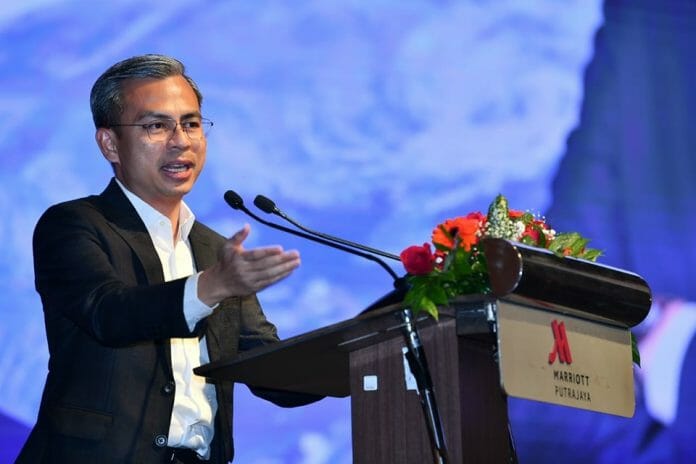Thai members of parliament (MPs) and senators convened on Thursday (Jul 13) to vote on the next prime minister, almost two months after the country’s general election.
The joint sitting will determine whether prime ministerial hopeful Pita Limjaroenrat, 42, can win the premiership race and become the 30th prime minister of Thailand.
Mr Pita was the only candidate nominated on Thursday.
His party Move Forward pulled off a surprise electoral victory on May 14 and formed a coalition with seven allies. Together, they have 312 seats in the 500-member House of Representatives – the lower house of parliament.
Still, for Mr Pita to become prime minister, he needs the approval from more than half of the combined assembly, which includes the 250-member Senate – the Upper House.
One senator resigned on Wednesday, lowering the threshold to 375 votes to become prime minister.
The selection of the prime minister is likely to be closely watched by the people of Thailand, as it will show whether their electoral consensus is respected by the parliamentarians.
“We’ve come too far to lose,” Mr Pita addressed his supporters on Jul 9 during his party’s thank-you rally in Bangkok.
“Just a bit more. We’ll reach the finish line together.”
Mr Pita faces possible disqualification of his MP membership after the Election Commission asked the Constitutional Court on Wednesday to rule whether it should be terminated.
The termination is related to 42,000 shares of media firm ITV, which were held under Mr Pita’s name when he ran in the election on May 14.
According to the Thai constitution, individuals are prohibited from running in an election of Members of the House of Representatives if they are shareholders of any newspaper or mass media business.
Mr Pita claimed he managed the shares on behalf of his family’s inheritance fund. He later transferred them to other heirs.
ITV officially began broadcasting in 1996. It lost the right to use the frequency for broadcasting in 2007 after the Office of the Prime Minister revoked its concession agreement.
Currently, the company and the Office of the Prime Minister are involved in an ongoing legal dispute, according to CNA.
If Mr Pita is disqualified as an MP, he can still be nominated for the prime ministerial position on Thursday as the constitution does not require the prime minister to be an MP.
On Wednesday, Move Forward Party secretary-general Chaithawat Tulathon remonstrated against the Election Commission’s action, questioning why the electoral watchdog did not inform Mr Pita of the allegation or allow him a chance to clarify the matter.
“In this case, the Move Forward Party views that the Election Commission selectively followed certain regulations and intended not to comply with the regulations it installed completely or rightfully,” he said in a press conference.
“This could amount to an offence of dishonestly exercising or omitting to exercise duties, according to Section 157 of the Criminal Code,” he added.
HOW THE PRIME MINISTER IS SELECTED
The parliamentary session to select the prime minister is scheduled to begin at 9.30am local time.
Parties with at least 25 elected MPs can nominate a prime minister, and the nomination must be endorsed by at least 50 elected MPs – or no less than one-tenth of the Lower House’ total members.
According to Speaker of the House of Representatives Wan Muhamad Noor Matha, MPs and senators will have an opportunity to debate before casting their votes. The debate is expected to take about six hours.
The vote to select the prime minister will then take place in a joint sitting, where each MP and senator is called out by name. They cast their votes by saying the name of the candidate they support.
Whoever receives more than 375 votes will become the prime minister. In the event that nobody receives the requisite number of votes, both Houses will need to revote.
In case none of the listed candidates can be appointed for any reason, at least half of the members of both Houses – 375 – can request the National Assembly to start a process that could allow an “outsider prime minister’”.
WHO WILL BE THE NEXT PRIME MINISTER OF THAILAND
Although Move Forward swept to victory in the May 14 election, its leader’s premiership is still up in the air.
Mr Pita needs 64 more votes to secure the position on Thursday, but it is unclear whether he has such support, especially from the senators.
All 250 of them rose to power unelected. They were handpicked by the military government of Prayut Chan-o-cha – Thailand’s caretaker prime minister – after he led a coup to overthrow the democratically elected government of Ms Yingluck Shinawatra in 2014.
His junta ruled Thailand for nearly five years before allowing an election to take place in 2019, under a new constitution written by a military-appointed committee. It gives power to the Senate to jointly select the prime minister with the House of Representatives until May 2024.
After the previous election in 2019, when General Prayut contested the premiership, all but one senator voted for him.
The scenario is different this time with Mr Pita, whose party has been critical of the military’s presence in politics as well as the senators’ role in the prime ministerial selection.
Ahead of the Thursday vote, several senators seemed undecided on whether they would support the Move Forward Party leader. Some expressed their support while others made it clear they would not vote for him.
“In normal politics, the coalition government led by the Move Forward Party should have already begun running the country and solving the problems of the people. But now, nearly two months after the election, the vote on the prime minister has just come along,” Mr Pita said on social media on Tuesday.
“We still have to wait for the senators to decide whether the forming of the government will be in accordance with the people’s consensus.”
Meanwhile, it is clear that the prime minister hopeful will not receive the approval of at least 132 MPs from three parties.
One of them is the United Thai Nation Party, which won 36 seats in the May election. It said on Tuesday its MPs had agreed not to vote for Mr Pita to become the next prime minister.
The announcement came after General Prayut – the party’s prime ministerial candidate – said he would retire from politics after being in power for nine years.
The other party is Bhumjaithai. It issued a statement in May, maintaining it will not support a prime minister candidate whose party’s policies include the amendment or abolishment of the royal defamation law.
The same reason was used by the Democrat Party, which announced on Jul 12 its 25 MPs will abstain from the vote on Thursday.
Mr Pita and his party support the amendment of the law to prevent it from being used as a political tool.
Also known as the lese-majeste law, it punishes whoever defames, insults or threatens the king, the queen, the heir-apparent or the regent with imprisonment of three to fifteen years – the same penalty as for involuntary manslaughter.
Hundreds of political activists including children have been prosecuted with the law since 2020.
“GIVE THAILAND A CHANCE”
The election on May 14 saw the highest voter turnout in Thailand’s political history. Data from the Election Commission showed about 39.3 million people came out to cast their votes, resulting in a voter turnout of 75.22 per cent.
There were about 52 million eligible voters in the polls, and more than 2 million of them had cast their ballots in advance voting on May 7.
Move Forward emerged as the winner with 151 seats in parliament, followed by Pheu Thai with 141 seats. The two parties then formed a coalition with six political allies, including Prachachat, Thai Liberal Party, Thai Sang Thai, Fair, Plung Sungkom Mai and Pue Thai Rumphlang.
With a total of 312 seats, the group commands a clear majority in the House of Representatives.
On Tuesday, Mr Pita said Thailand has “abnormal politics” created by the military-backed constitution, and that the vote on Thursday is an opportunity to make it normal again.
“Give Thailand a chance to have a rightful government that will progress to restore Thailand according to the people’s expectation. Give Thailand a chance to return to the path of parliamentary politics, in which the people can trust and place their hope,” he said in a video clip shared on his social media.
“The vote to select the prime minister that will take place on Jul 13 is not about choosing Pita or the Move Forward Party. It is about choosing to confirm that Thailand must move forward in a normal democratic system like other democratic countries around the world,” he added.


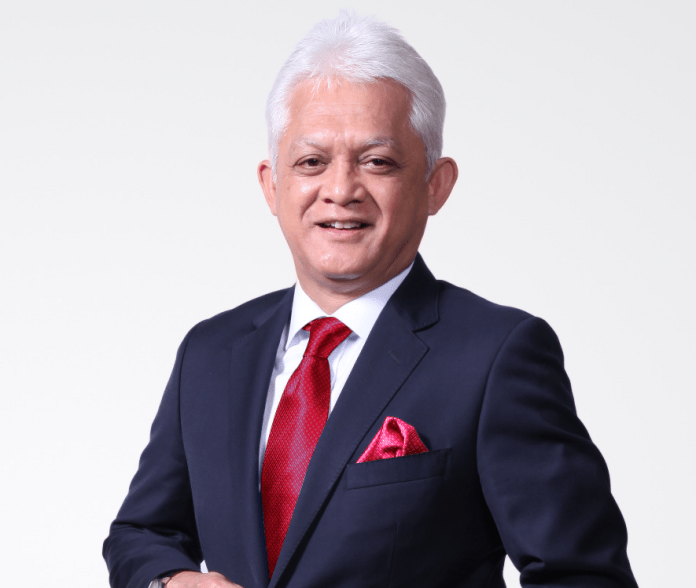
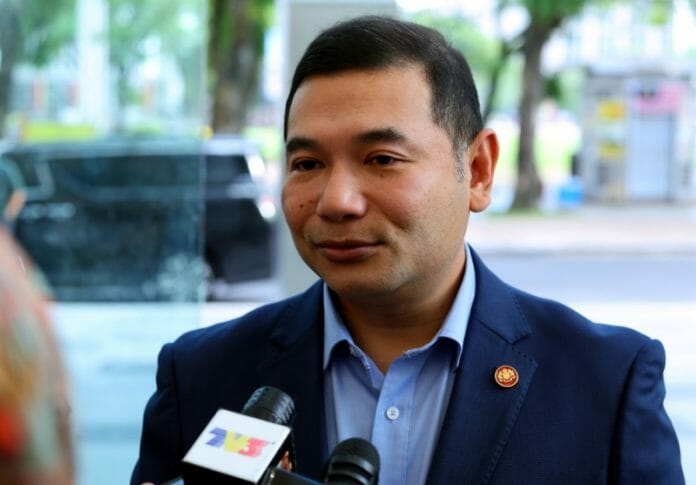

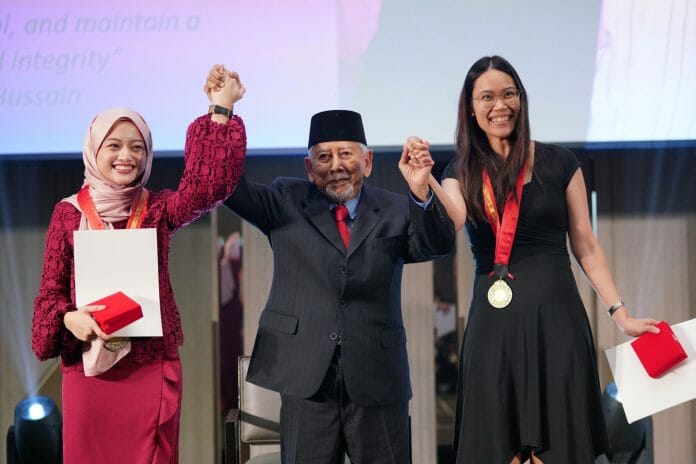

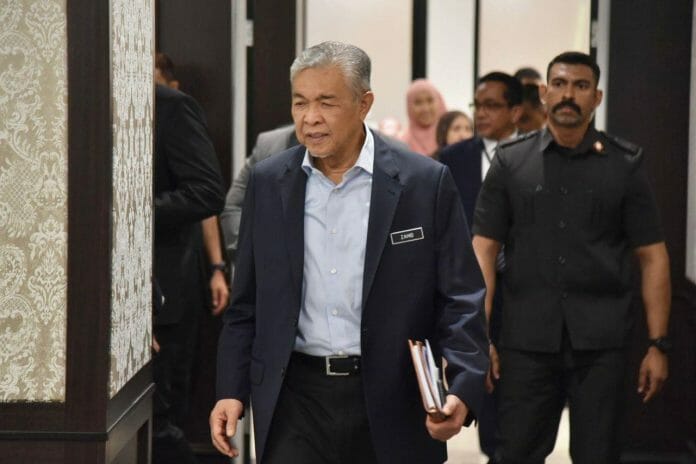
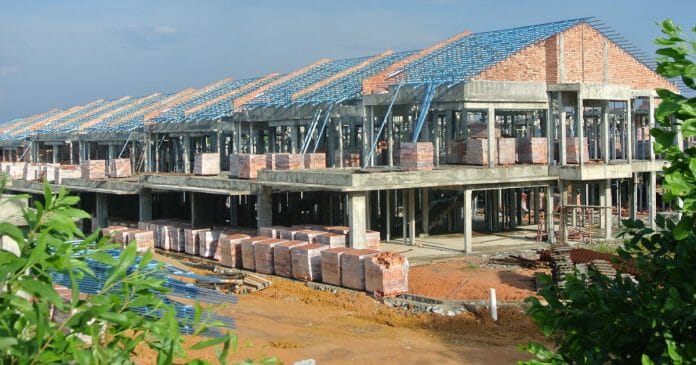


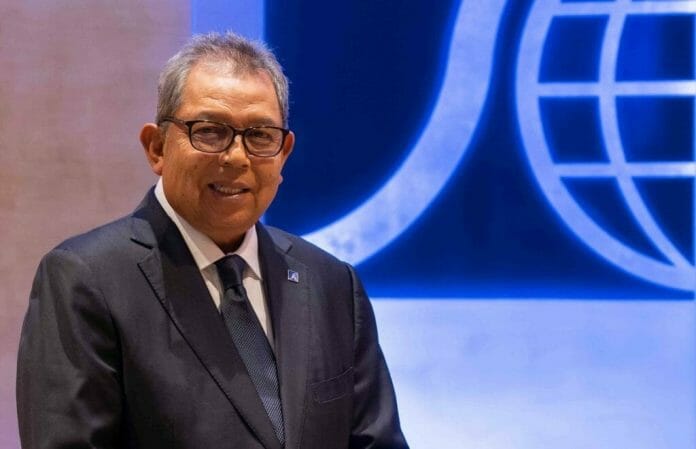

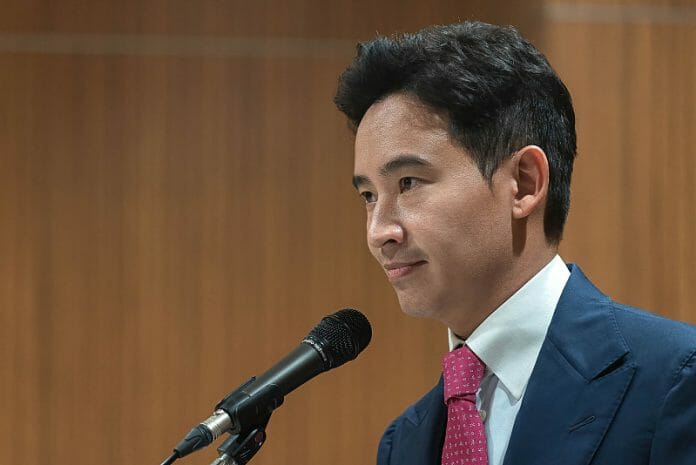
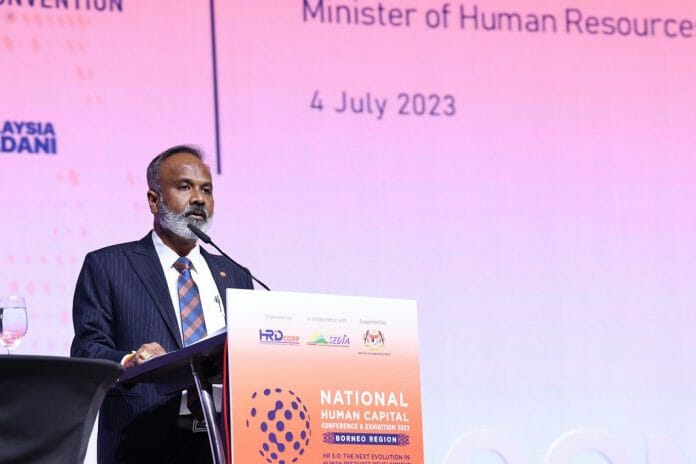
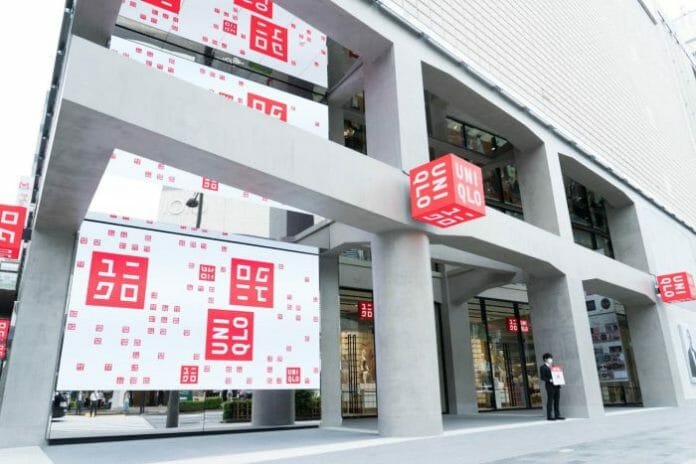
![[EH] Upskill](https://www.businesstoday.com.my/wp-content/uploads/2023/07/EH-Upskill-696x696.jpg)



